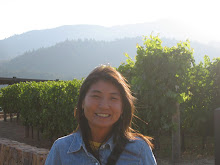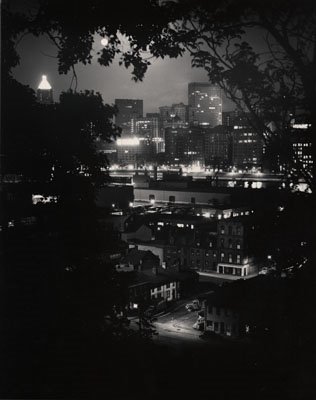I go down to the edge of the sea.
How everything shines in the morning light!
The cusp of the whelk,
the broken cupboard of the clam,
the opened, blue mussels,
moon snails, pale pink and barnacle scarred—
and nothing at all whole or shut, but tattered, split,
dropped by the gulls onto the gray rocks and all the moisture gone.
It's like a schoolhouse
of little words,
thousands of words.
First you figure out what each one means by itself,
the jingle, the periwinkle, the scallop
full of moonlight.
Then you begin, slowly, to read the whole story.
*whelk: a common sea snail
Comment: Mary Oliver is a really extraordinary nature poet. She's not as flowery as lthe transcendentalists, but of course, she is influenced by them. She's not quite as dark (at least the little I've read of her) as Elizabeth Bishop, but nature holds the answers for her. She's a supreme observer like William Carlos Williams. When she writes, it's as if all the mysteries of life are in that "scallop full of moonlight". I wonder if I could ever look at nature in that way. I think about nature a lot because of K. He thinks about it all the time and stops to looks at the birds and insects and asks me questions about things I take for granted like eggs and nests. I wonder if I'll ever look at nature again like a child or Oliver does. What can I learn from observing the scene just outside my window?


No comments:
Post a Comment